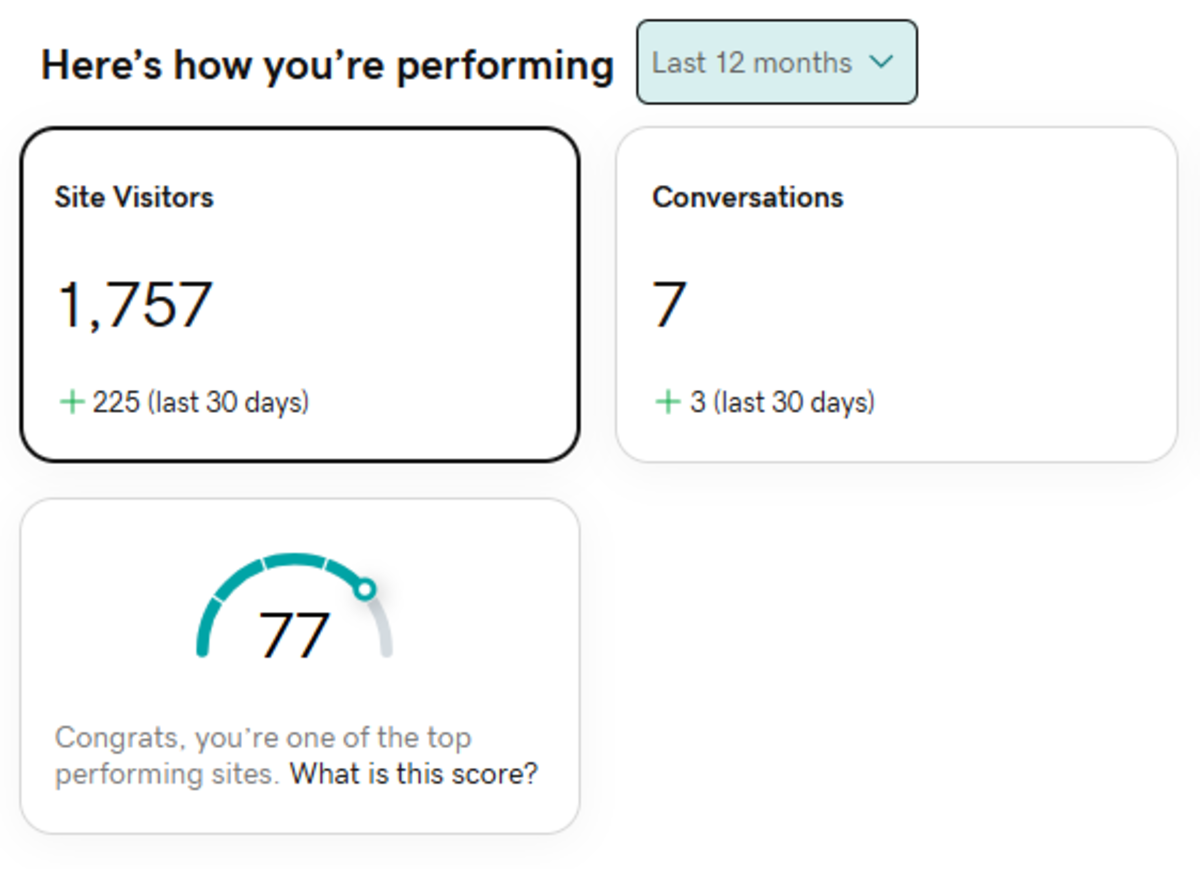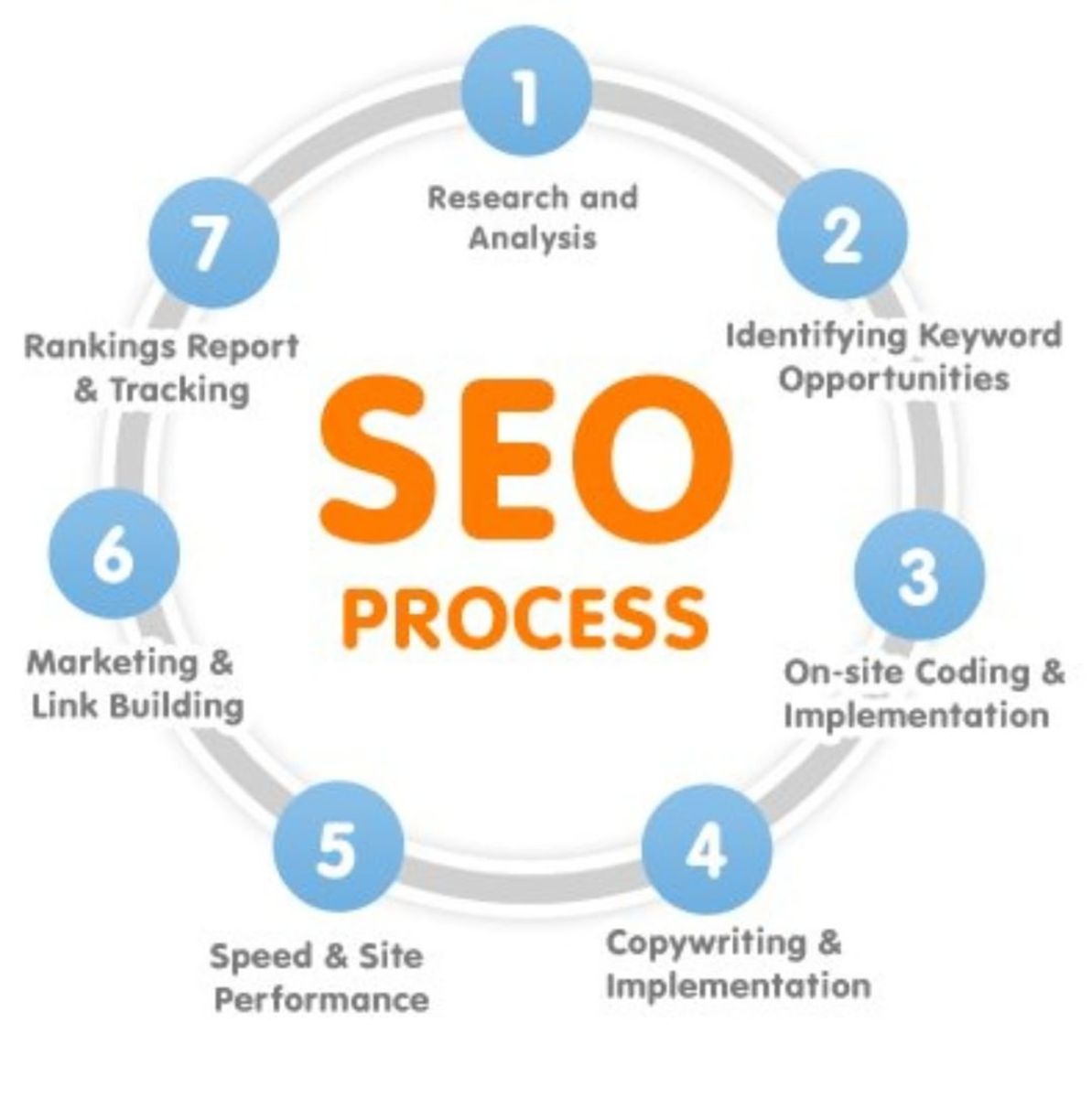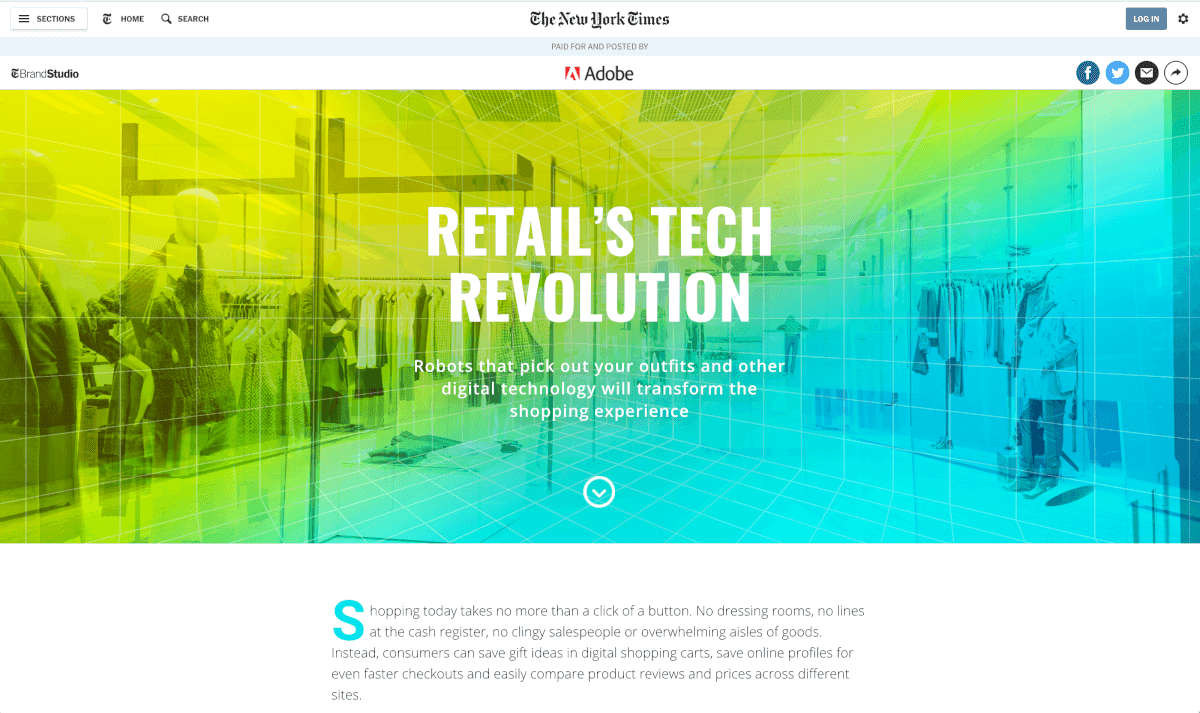Struggling Websites

Simple advice for struggling websites and DIY SEOs.
The world of Search Engine Optimization is extremely fast paced and can prove difficult to keep up with, relegating businesses to black-hat methods of SEO. If you employ practices that Google and other search engines don’t approve of, you will be penalized or your site could be banned altogether. This means that in spite of trying a quick boost with gimmick software, your site and its reputation will suffer. Gimmicky mass post software or supposed breakthrough algorithmic bypasses is duct tape on a damn crack, your website will eventually be discovered for using trickery and destroyed in the rankings.
Keep internal links updated
So much focus is placed on off page SEO and link building activities that many businesses fail to recognize just how significantly internal links within a website can affect SEO. Google ultimately wants websites that provide a useful, intuitive, and engaging user experience. If you have made many updates to your website that have resulted in internal links being broken, this causes dead hyperlinks and negative user experience; users who click on a broken link will most likely click away from your website as a result. Google also keeps a tab on your internal links to ensure that you are linking to useful content at all times. Scouring through your website and ensuring that internal links are never broken and always point to something useful is an extremely useful SEO practice.
Creating original content
The phrase “Content is King” has never been truer than in 2014. But this does not mean that creating any content for your website will boost performance. Google wants content that is completely original and directed at a broad audience, while maintaining the target audience involved. If your content strategy involved posting derivative and unoriginal content, Google will be able to detect this and will penalize your efforts as a result. Spinning and mass promoting articles also fails the Google test for valid links or shares and therefore may increase rankings only until the next algorithm update. You can avoid issues by creating original content, which takes more time and require you to hire a qualified blogger or SEO. But in the long term putting content at the heart of your site’s strategy will provide you with handsome returns and broader reach.
Be an active social media user
Google thinks highly of content that is shared across popular platforms such as Facebook and Twitter. Create social media accounts, share content, and engage with your followers across a sustained period of time and your reputation should repair. This will help with future issues you may experience with online reputation management. If you have an active and responsive audience, built a regular and sustained presence you will have time to respond to complaints or bad reviews directly and immediately.
Stay active with social media tools
Establish your brand on every social media outlet available, you won’t know where your biggest audience is from until you’re active everywhere. To promote your content on social media you should set up social media accounts and spend time each day engaging with your followers.
Tools like HootSuite or even some of the free options make it easy to control timed posts, monitor likes and activity. When you’re ready to launch your site or blog ensure that the content can be shared via social media sharing buttons provided by the hosting web pages. Free site builders and hosting is provided on Wordpress, Blogger and many others. You also have sites like Wix.com, Webs.com or Edicy to help first timers and experienced advertisers build landing-pages or full-fledged blogs, for free.
Creating SEO friendly content
Search Engine Optimization is a buzz phrase that is on everyone’s lips – and with good reason. There is no business that can successfully operate in the 21st century without some form of web presence. In order to optimize your web presence, you need to ensure that Google and other search engines are on your side, and that means creating content that is SEO friendly and will ultimately lead to an improved Page Rank. If you are new to creating SEO content, these are a few things that you should keep in mind.
Write for real people
Google is constantly changing search algorithms and search responses are becoming more precise and smarter. Because search engines want to promote content that is genuinely useful to real people and by real people, this is exactly what your content should be. Trying to game Google is only going to get you so far and the search engine will ultimately see through your attempts, don’t get me wrong though if you can flood the web with content of any and every kind while somehow still associating it with your product, brand or website; by all means. Google will respond to positive posts, blogs and content, so if you can write your butt off; DO IT!
The absolute best practice for creating content that Google loves is to create something that is truly useful for a growing audience with people who want to share the content with their friends on social media, causing an exponential number of followers and contributors to your site.
Create a Google + account
Google+ was created and of course favored by Google as the preferred social media platform and the search engine favors content creators who link their Google+ accounts to their content or better still share it directly on pages you can create via your Google+ profile page. With the Google + authorship feature you can make your content stand, include specific circles for audience interaction and be featured as a small snippet in web results with the author’s image and Google+ profile. If by chance your page is a business page or a blog with a wide growing audience, you have found the perfect place to promote yourself and your business. Although alternative search engines exist, Google continues to dominate in the world of SEO. Building a healthy profile on Yahoo or Bing is great, but you have to own your presence on Google search result. If ever an SEO or Social Media Manager explains this presence is not essential for any business-whether you sell kid’s toys or dental accessories- show them the door. There is no business with relevant content that can afford to sidestep the power of having an active Google+ account.
© 2014 Jennifer Yaniz








